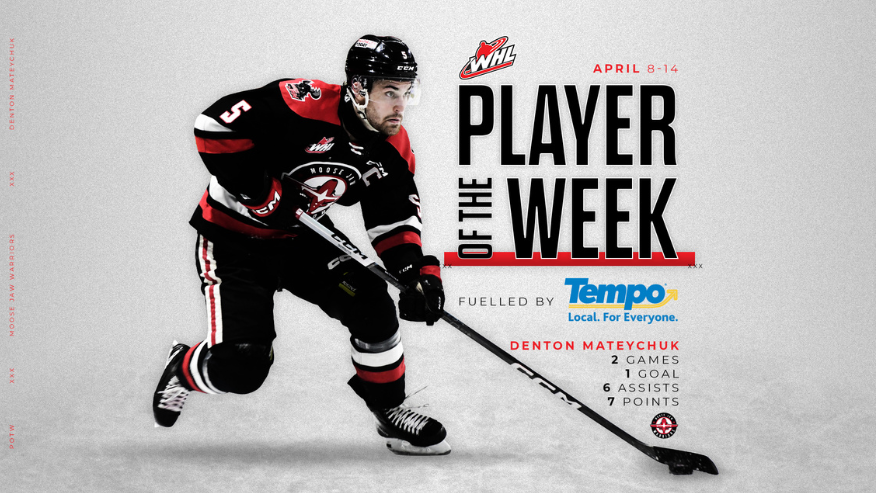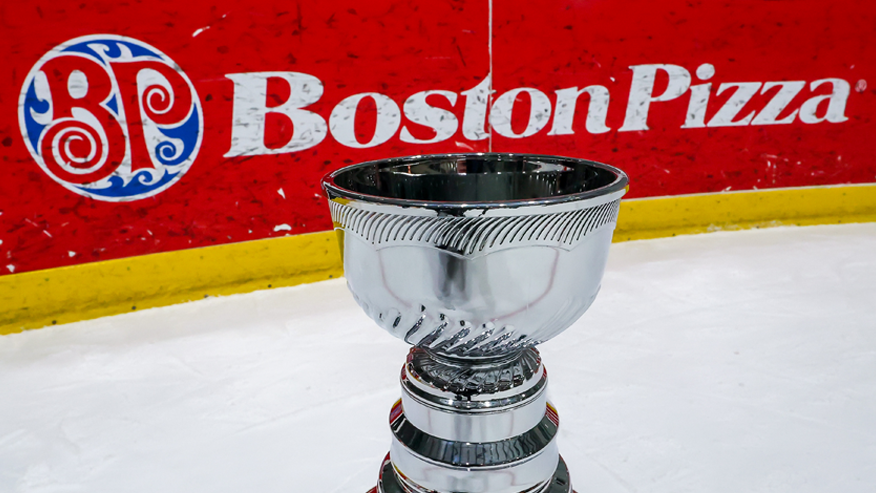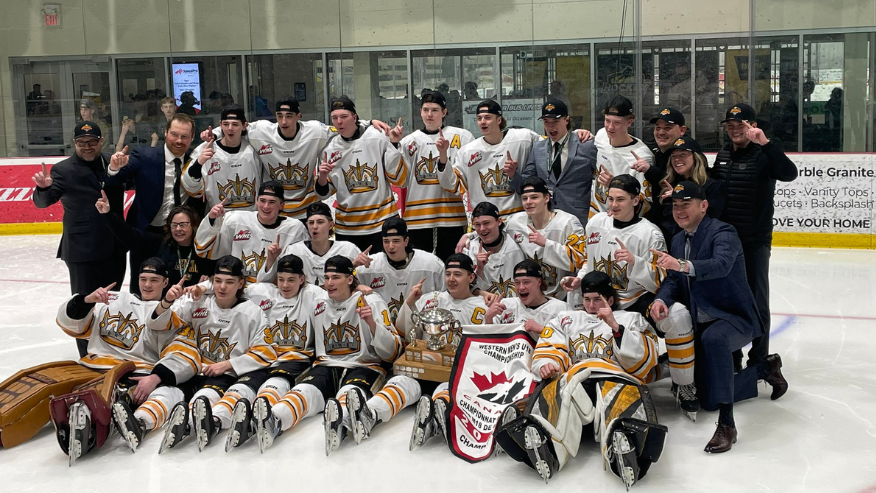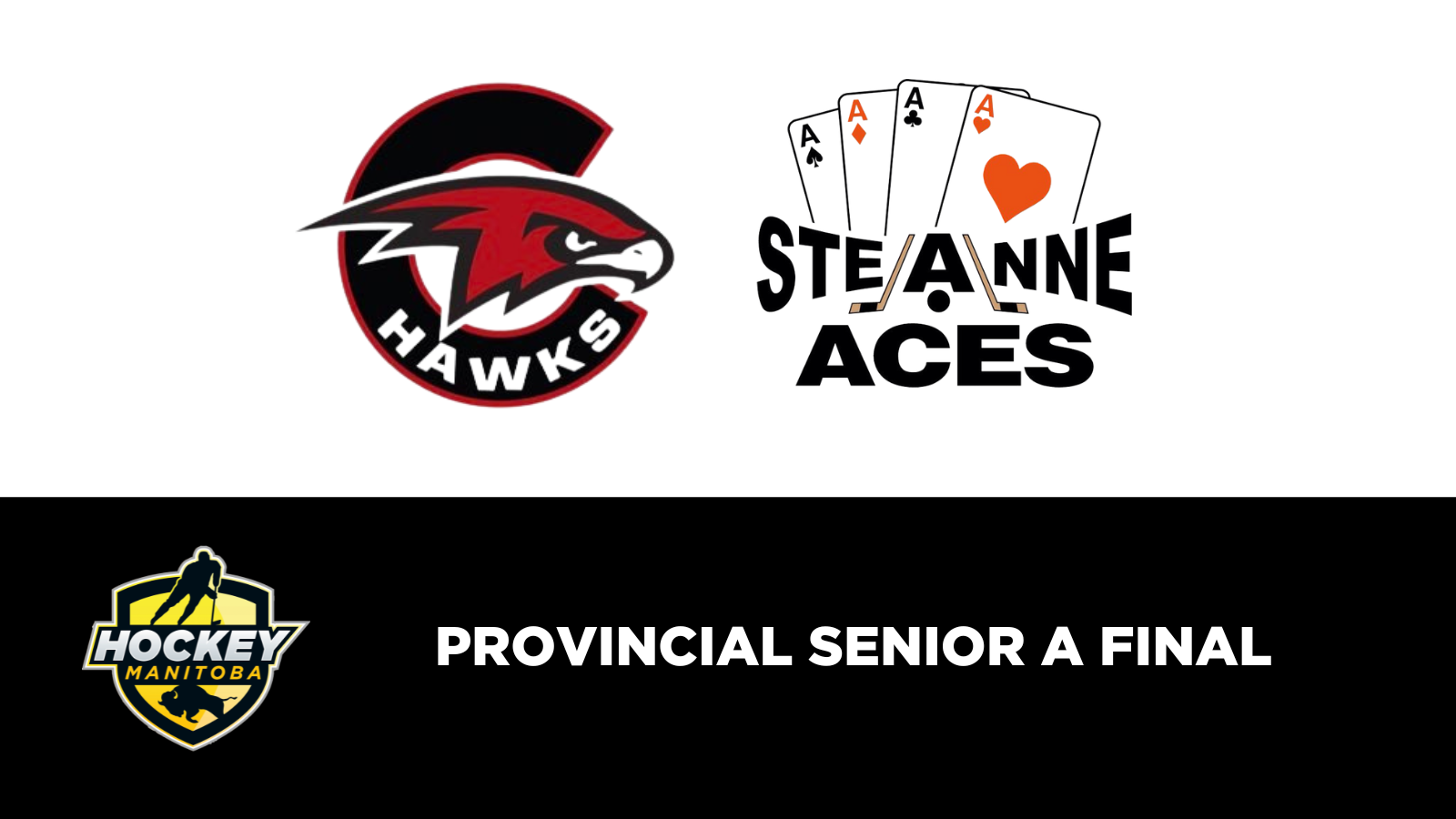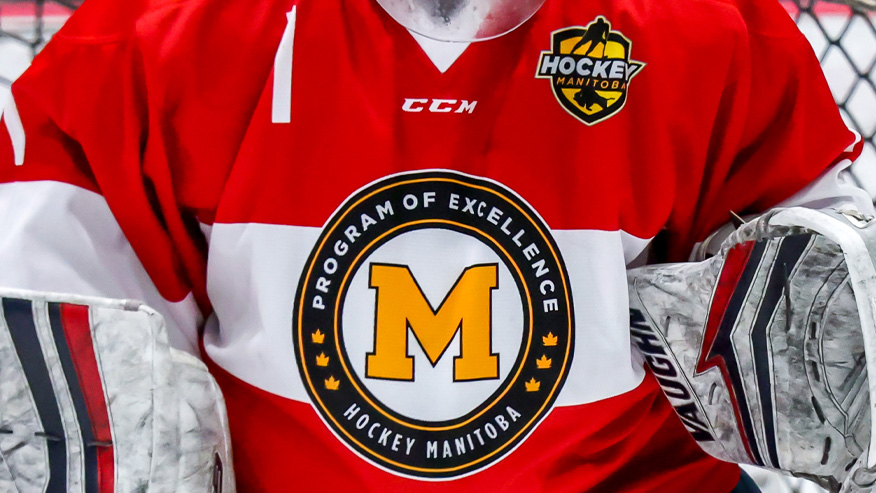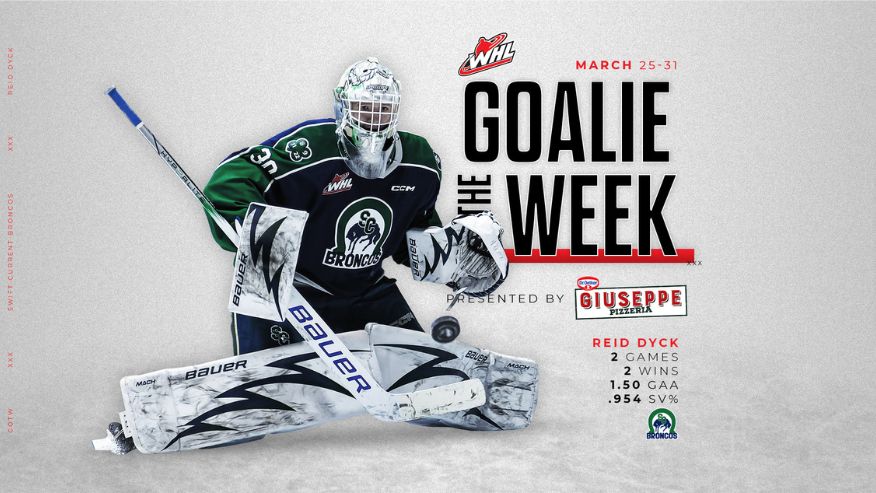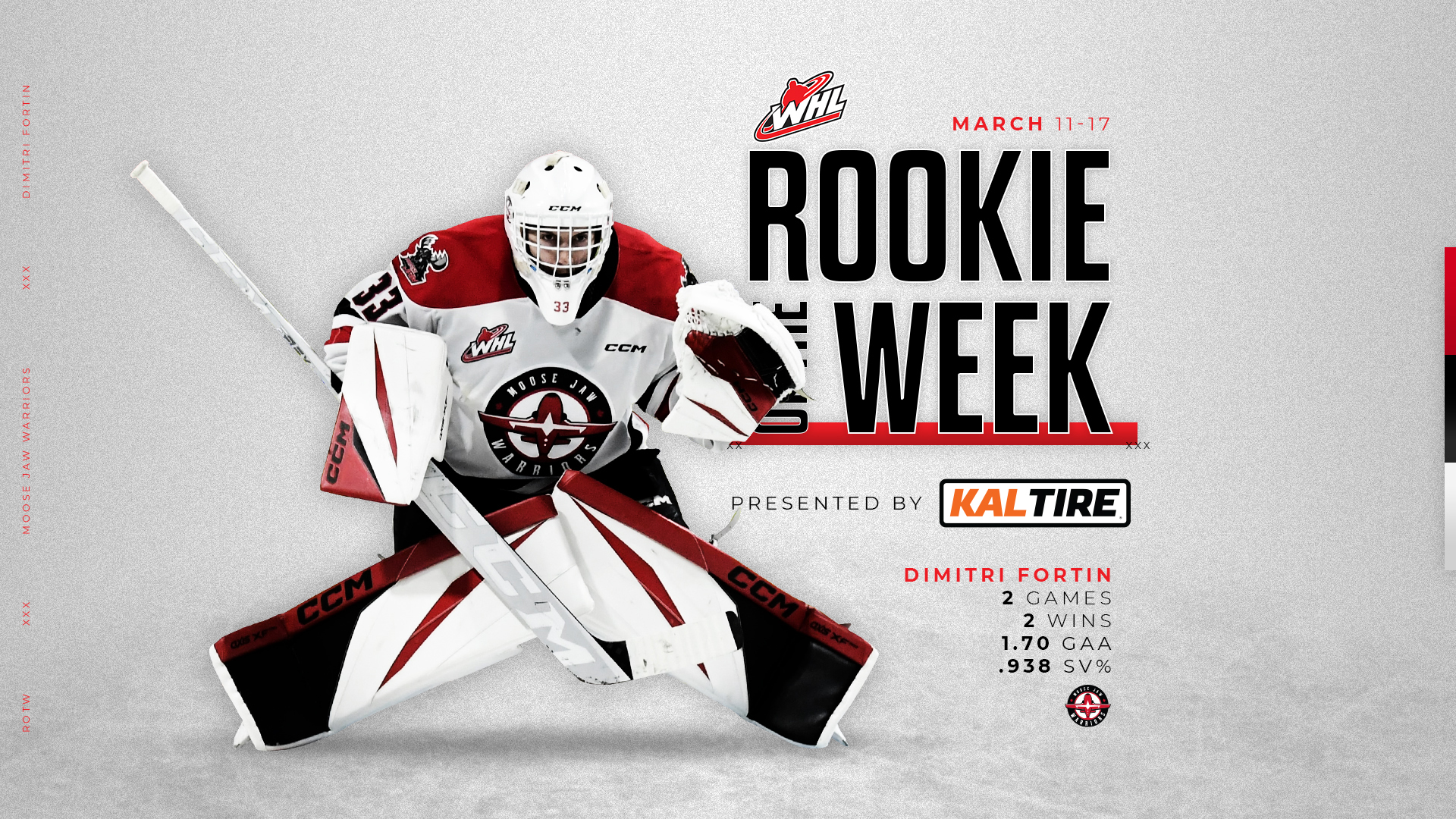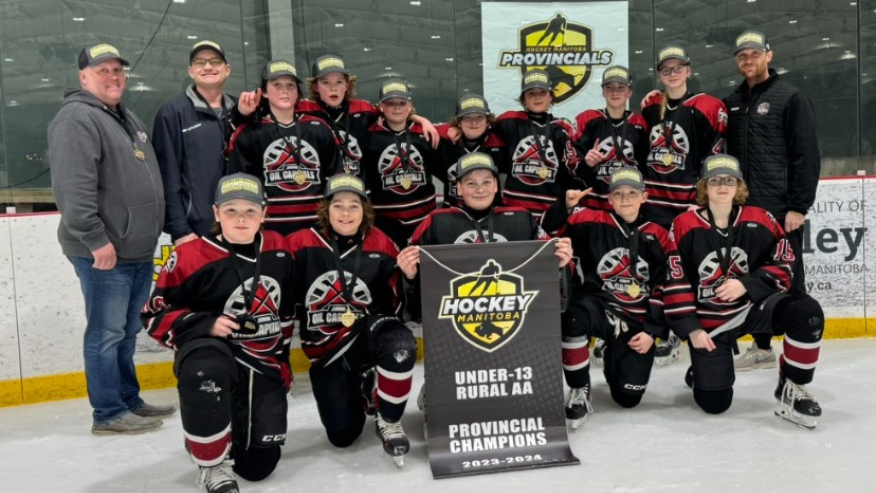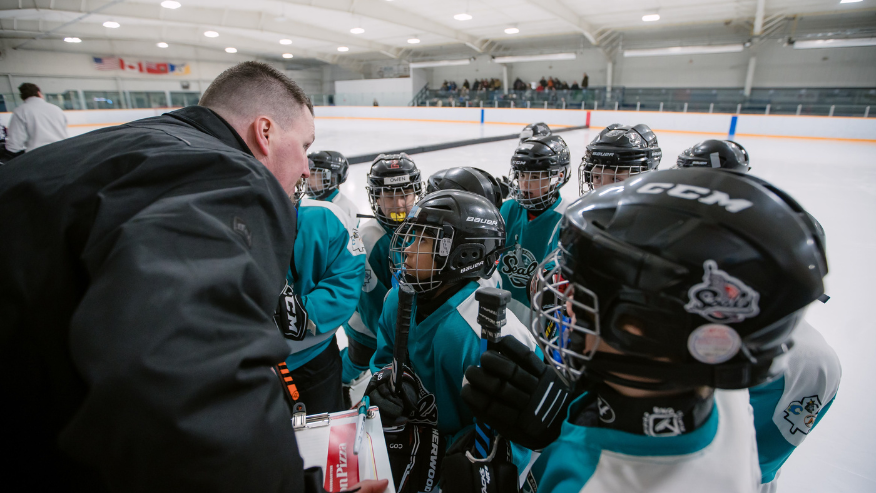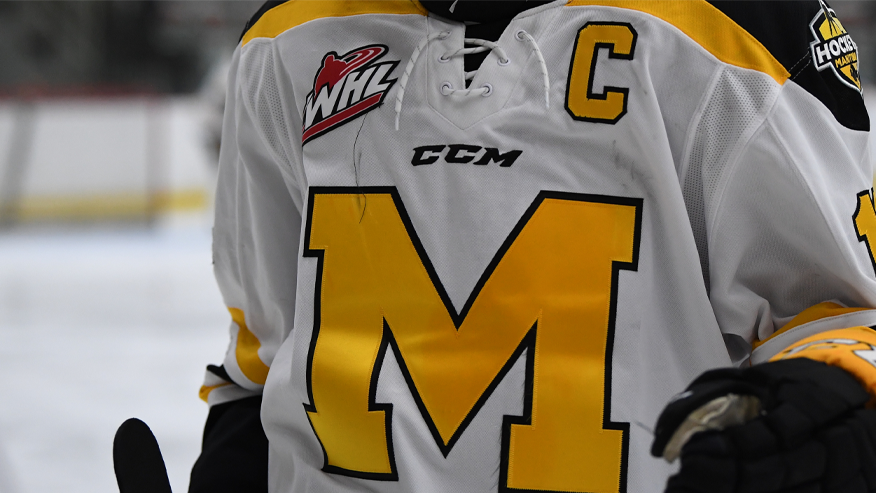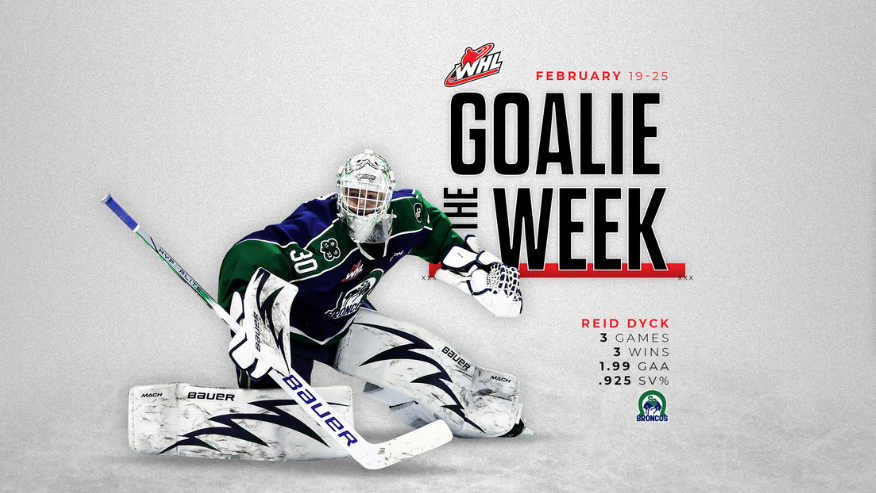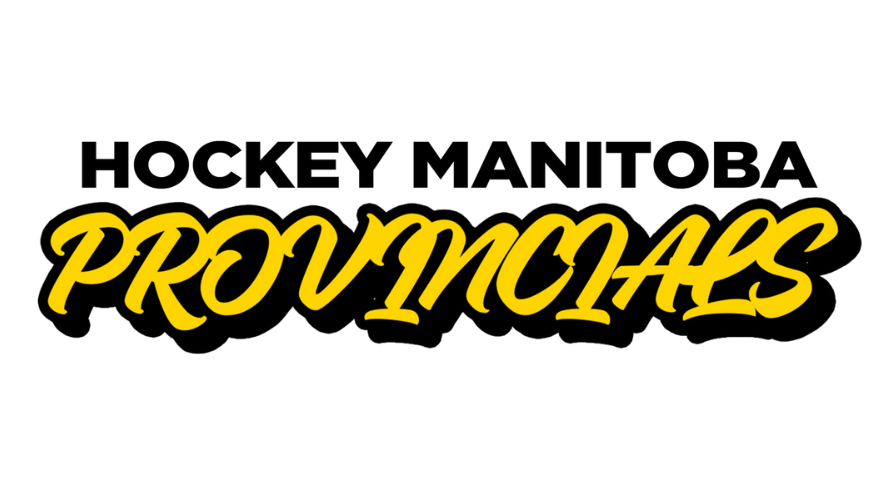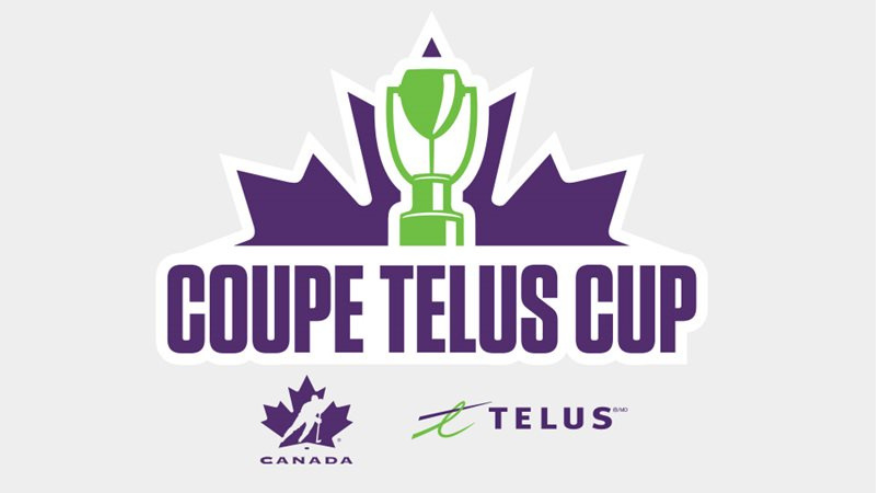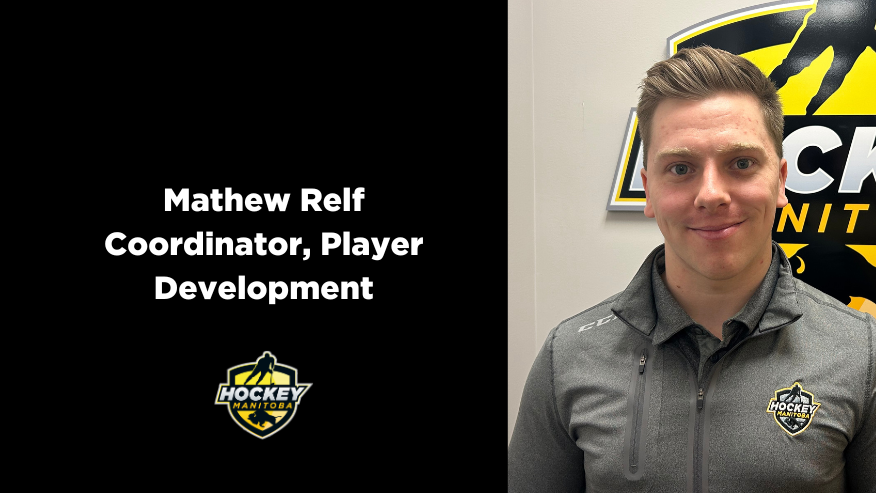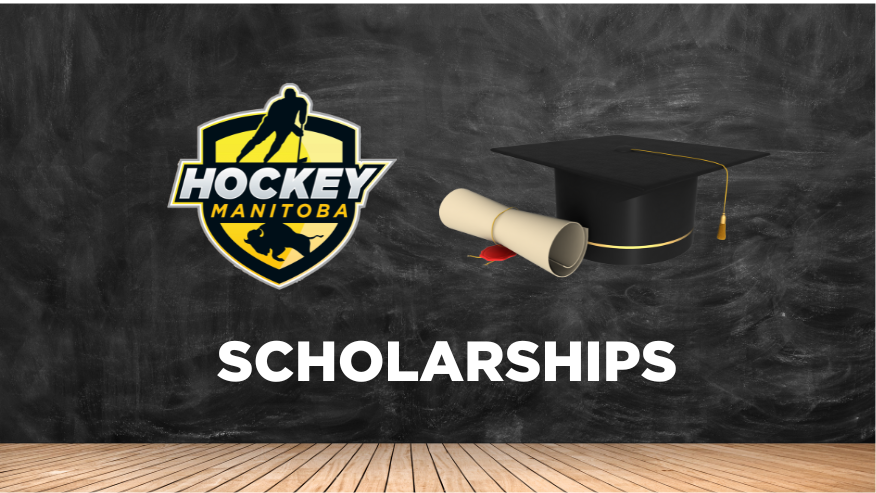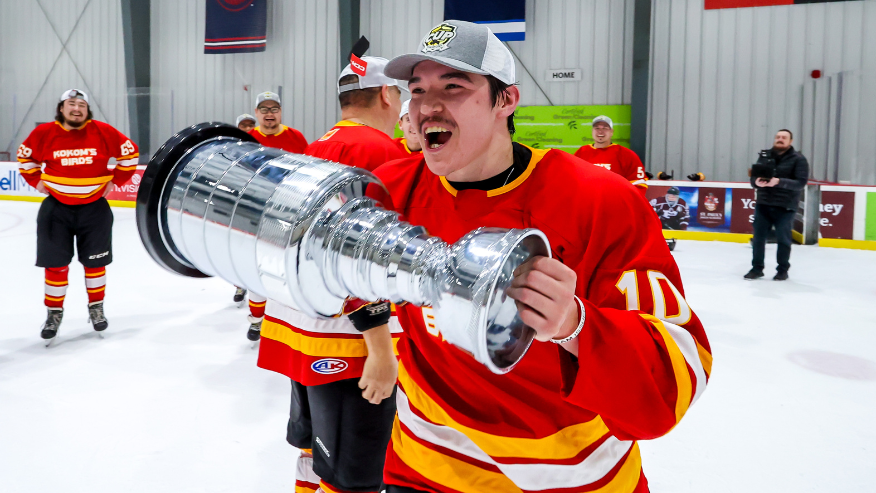Q & A with First Year WHL officials Ryan Cooke, Nick Grenier and Matt Granger
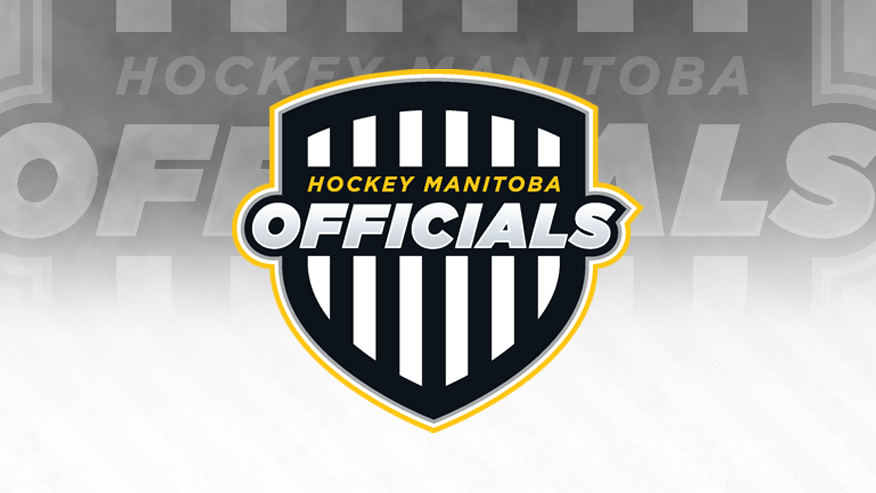
Three Hockey Manitoba officials made their officiating debuts in the Western Hockey League this season; Nick Grenier, Ryan Cooke and Matt Granger. We recently caught up with the three officials to discuss why they became officials, which mentors helped them along the way, their biggest challenges as first-year officials in the WHL, off-ice training and their future goals.
Ryan Cooke
What age did you start officiating and why?
I started officiating when I was 12 and worked for a couple seasons before taking a break for a part time job. I decided to return to officiating when I was 20 because a family friend (who assigned one of the junior leagues) suggested he was looking for officials to work his league. I wasn’t playing hockey anymore and felt like this would be a good opportunity to make money and see how far I could push an officiating career. At that time I did not expect it to lead to the WHL.
Who were your mentors that helped you get to this level and what did you learn from them?
I’ve worked with so many talented officials over the past ten years and I’ve learned so many things from everyone. However, if I had to pick one mentor who has helped me achieve this level it would be Ryan Galley. He has been instrumental in providing feedback, encouragement and guidance through his MJHL and CIS evaluations. He has a unique perspective on the game which allows for invaluable post-game dialogue and I truly believe that I owe a large portion of my success to the support he’s provided me.
What has been the biggest challenge (or challenges) in your first year as an official in the Western Hockey League?
I believe the biggest challenge for me personally is adjusting to the pace of play. The players in the WHL play at such a high speed that being in the proper position is essential to success at this level. Preparing both physically and mentally as well as communicating with other officials has allowed me to adapt and overcome this challenge.
What specific off-ice training do you do throughout the season to prepare yourself to skate with high performance athletes?
Throughout the season I spend 4-5 days in the gym focusing on building strength and endurance. Because the season is busy with hockey, I use the gym to maintain my abilities. However, during the off-season is when I start going to the gym in the morning and at night in order to increase my performance. I’ve built a routine which focuses heavily on endurance and agility which I follow during this time.
What are your future goals as an official?
I have two sets of goals for myself moving forward; one personal and one relating to the development of younger officials. Personally, I’ve always been the type to want to master one level before moving on to another. For those reasons, I want to become a top WHL linesman and master the league. Once this is accomplished I’d like to explore the possibility of working in the AHL. In regards to the development of younger officials, I would like to start giving back to the officiating community by helping younger officials realize their potential and start pushing them to achieve their goals (similar to what Ryan Galley has done for me). I think it’s essential that the top officials in our province start building up the future prospects so that hockey in Manitoba continues to see great officials for years to come.
Nick Grenier
What age did you start officiating and why?
I started at the age of 13. At that age, everything revolved around hockey. I played organized, on the outdoor rink, on the road and in the gym at school. So I decided to take the opportunity to be on the ice even more by officiating it.
Who were your mentors that helped you get to this level and what did you learn from them?
Tom Vatrt has been a big part of my career as an official. He’s helped me from the beginning and has pushed me to be the best that I can be. I also have learnt a lot from all the veteran officials in Manitoba who have taken their time to teach me on the ice.
What has been the biggest challenge (or challenges) in your first year as an official in the Western Hockey League?
The challenge would be more so that it’s a new league, with new faces. Learning the players and coaches, knowing what their tendencies are and being able to adapt to the different teams that you don’t typically see.
What specific off-ice training do you do throughout the season to prepare yourself to skate with high performance athletes?
I train at CrossFit Winnipeg. They provide me with some very intense workouts that are designed for strength, power, speed and cardio training. The coaches there understand my goals and can provide me with support accordingly.
Mid season I go on nights that I’m not on the ice. In the off season I will typically go 5-6 times per week.
What are your future goals as an official?
As an official, I like to set my goals high, the ultimate dream would be to have a chance to work in the National Hockey League. My goals in the WHL would be to first work playoffs, then have a chance to work a Memorial Cup.
Matt Granger
What age did you start officiating and why?
I started officiating at the age of 13. I always had a passion for the game, I tried it as a 13 years old and loved it immediately and haven’t stopped since.
Who were your mentors that helped you get to this level and what did you learn from them?
I’ve been very lucky to have some great mentors in St. James where I started officiating. Mike and Cindy Arsenault, Mike Fedak and my RIC at the time Mitch Jeffrey were extremely helpful as I started my officiating career. Paul Comte was a good influence at the Bantam AAA level and always focused on challenging me to work on things that would prepare me for the next level. I have had the privilege of having countless supervisors and positive influencers as I worked Junior and Senior hockey.
What has been the biggest challenge (or challenges) in your first year as an official in the Western Hockey League?
The pace of the game overall. At that level the players are incredibly fast and skilled. They push the pace of play, meaning I’ve got to be on my game every single night.
What specific off-ice training do you do throughout the season to prepare yourself to skate with high performance athletes?
I do a lot of cardiovascular training, specifically running and biking. I find that keeping up my endurance off the ice allows me to perform on the ice for a full 60 minutes.
What are your future goals as an official?
I would love to be selected for a future Hockey Canada event. I would also love to work a WHL playoff game one day.
Share

